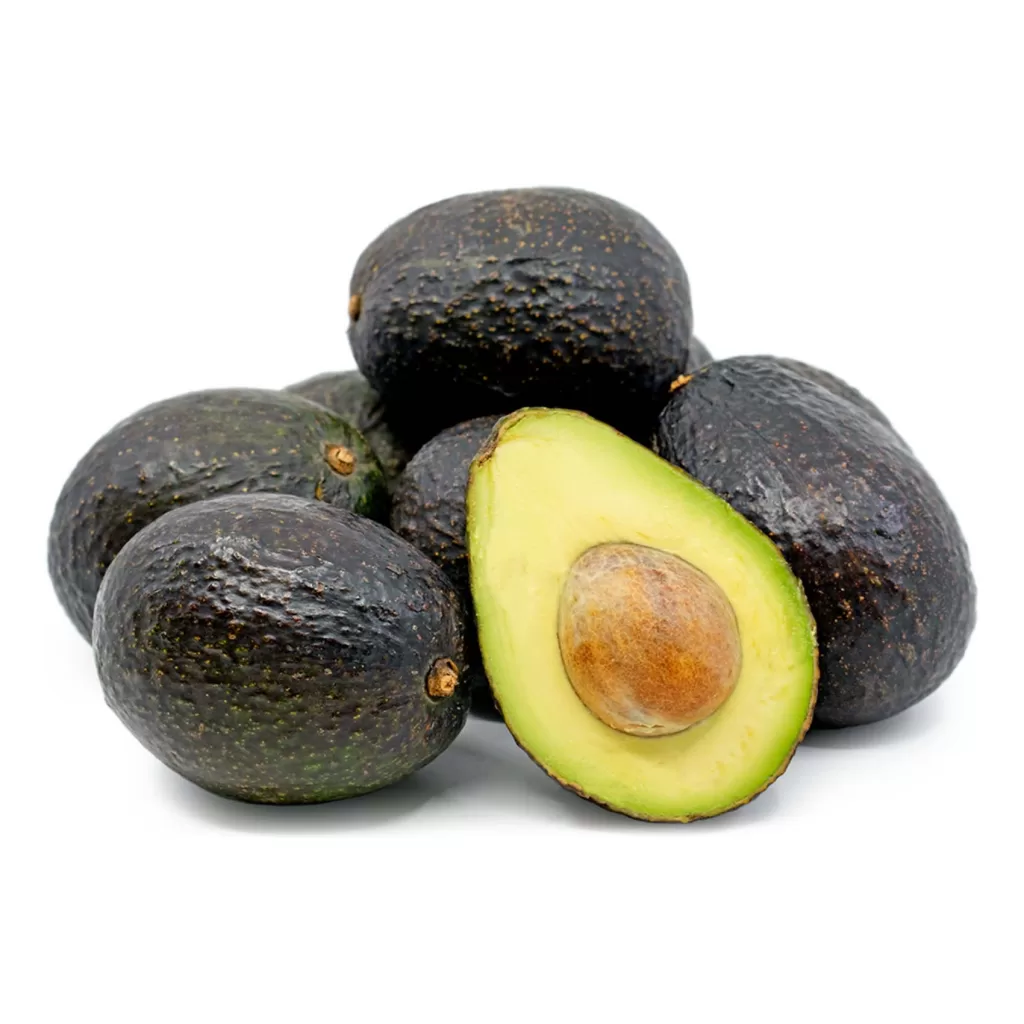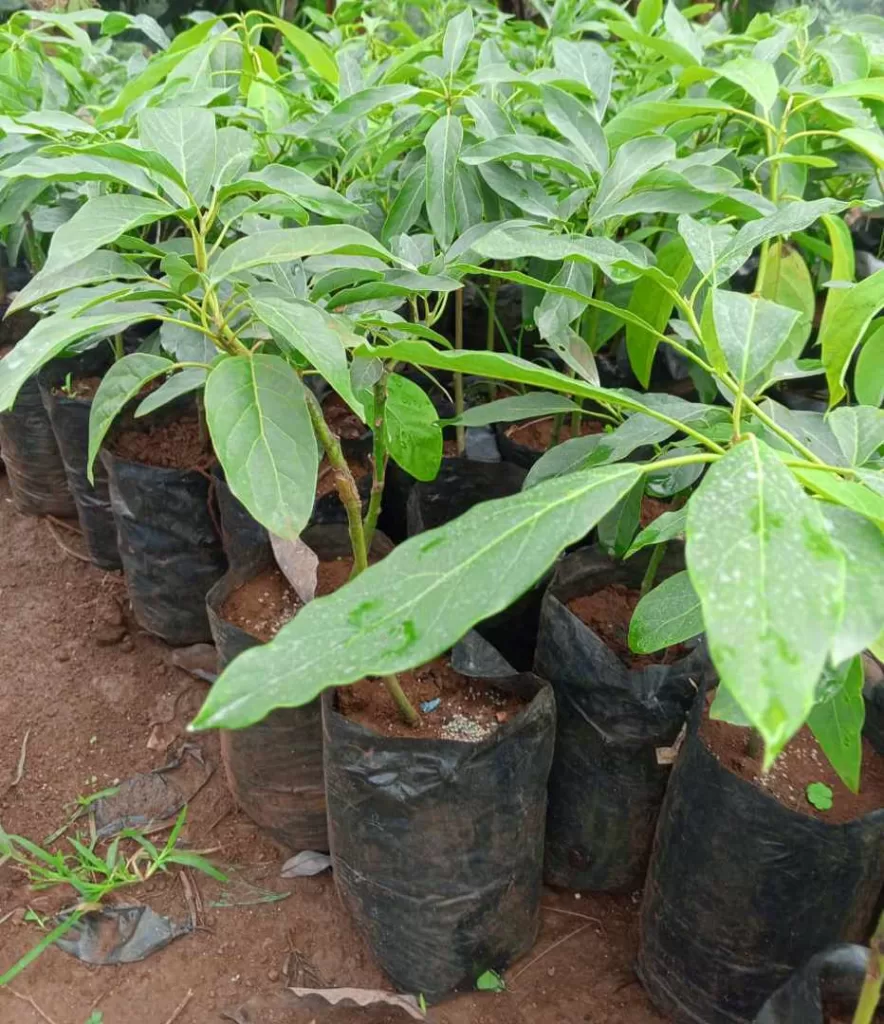
Economic Viability and Profitability
The global demand for Hass avocados has skyrocketed over the past decade, driven by their rich taste, nutritional benefits, and versatility in culinary applications. For farmers, this presents an incredible opportunity to tap into a lucrative market. However, understanding the economic viability and profitability of Hass avocado farming is crucial for making informed decisions. Knowclick Media delves into the financial aspects of growing Hass avocados, providing a comprehensive analysis to help potential and current farmers maximize their investments.
The Rising Demand for Hass Avocado
The popularity of Hass avocados has been on a steady incline, with consumption increasing globally. Factors such as the rise of health-conscious diets, the popularity of avocado-based dishes, and the fruit’s perceived status as a “superfood” have all contributed to this trend. Countries like the United States, Mexico, and various European nations are significant importers, driving up prices and making avocado farming an attractive venture.

Initial Investment and Establishment Costs
Starting a Hass avocado farm requires a considerable initial investment. Key expenses include:
- Land Acquisition: The cost of purchasing or leasing land suitable for avocado cultivation can vary widely based on location.
- Seedlings and Planting: Quality Hass avocado seedlings are crucial for a successful orchard. These can be sourced from certified nurseries to ensure disease-free plants.
- Infrastructure Development: Setting up irrigation systems, fencing, and basic facilities for storage and processing.
- Labor Costs: Initial planting, ongoing maintenance, and eventual harvesting require skilled labor.
A detailed cost analysis and budgeting are essential at this stage to ensure all expenses are accounted for and to avoid financial pitfalls later.
Ongoing Maintenance and Operational Costs
Once the orchard is established, ongoing costs will include:
- Irrigation and Water Management: Avocados require regular watering, especially during dry periods. Efficient irrigation systems, such as drip irrigation, can help manage water use effectively.
- Fertilization and Soil Management: Regular soil testing and appropriate fertilization are necessary to maintain soil health and ensure optimal growth.
- Pest and Disease Control: Implementing an integrated pest management system to handle common avocado pests and diseases is vital.
- Pruning and Tree Care: Regular pruning helps maintain tree health and improves fruit yield.
Managing these costs effectively through strategic planning and the adoption of sustainable practices can significantly enhance profitability.

Harvesting and Post-Harvest Handling
Harvesting Hass avocados at the right time is crucial for quality. Typically, avocados are hand-picked to avoid damage. Post-harvest handling includes sorting, grading, and packaging, which are essential for maintaining fruit quality and meeting market standards.
Proper storage facilities are also necessary to extend the shelf life of avocados and reduce post-harvest losses. Cold storage can help manage supply, ensuring a steady market flow and reducing price volatility.
Market Analysis and Sales Strategies
Understanding market dynamics is key to maximizing profits. Here are some strategies:
- Market Diversification: Selling to multiple markets, both domestic and international, can help spread risk and increase revenue.
- Value Addition: Processing avocados into products like guacamole, avocado oil, and cosmetics can enhance value.
- Direct Marketing: Establishing direct sales channels, such as farmer’s markets or online sales, can help farmers capture a larger share of the retail price.
Staying updated with market trends and consumer preferences can help farmers adapt and take advantage of emerging opportunities.
Risk Management and Sustainability
Risks such as adverse weather, market fluctuations, and pest infestations can impact profitability. Implementing risk management strategies, such as crop insurance, diversification, and adopting sustainable farming practices, can mitigate these risks.
Sustainability in avocado farming not only helps in conserving resources but also appeals to the growing segment of eco-conscious consumers. Practices like organic farming, water conservation, and soil health management contribute to long-term viability and market competitiveness.
Learn More: Digital Banking Revolutionizing Financial World
Hass avocado farming presents a promising opportunity for agribusinesses. By carefully considering the economic aspects, from initial investment to ongoing operational costs and market strategies, farmers can enhance their profitability. Embracing sustainable practices and staying attuned to market trends will further bolster success in this dynamic and rewarding industry.
Call to Action
For those interested in embarking on the journey of Hass avocado farming, thorough research, strategic planning, and a commitment to quality and sustainability are essential. By leveraging the insights and strategies discussed in this article, aspiring avocado farmers can position themselves for success in the thriving global avocado market.





